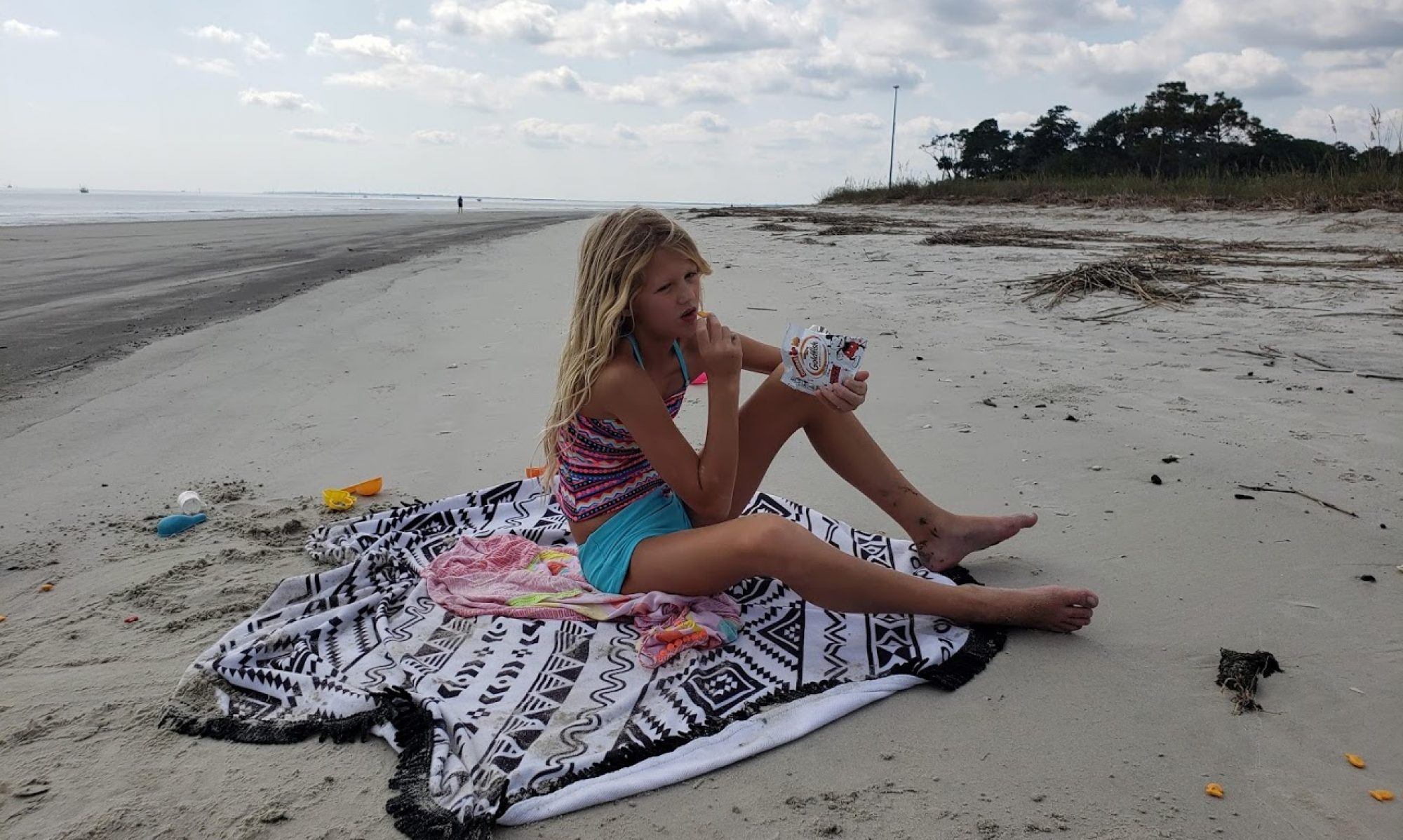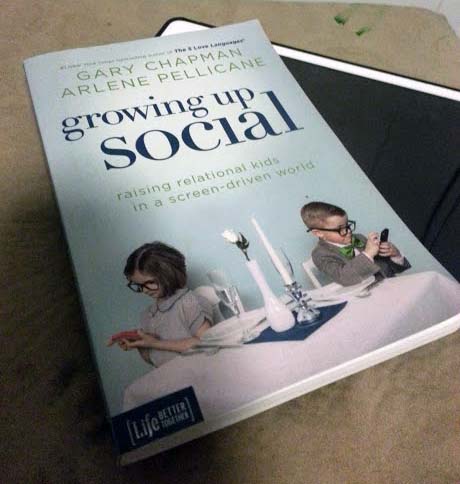For my homeschooling series I thought I would kick it off with why we’re homeschooling.
I myself was homeschooled from 1st grade on and my husband was homeschooled his entire life so when it came time to pick what we are going to do for our kids education there was really no discussion, we both benefited greatly from the education we received and we want the same positive educational experience for our children.
So, now that you know how much I just love homeschooling here’s some benefits I see for my kids.
1. Education is tailored towards my child’s needs and aptitudes – For example, last year we used Saxon for math. And suddenly a subject that hadn’t been a problem, became a problem. For my 1st grade daughter, Saxon math just didn’t work. She dreaded it every day.
This year, I’ve switch to A Beka math, which was my favorite when I was in school. She complained about it the first couple of days – because that’s how she approaches math – but when I introduced her first “speed drill” a week in, it appealed to her competitive personality and she loved it. Just in case you don’t know, a speed drill is about 8 to 10 math and subtraction problems that she has to answer in under 1 minute. The A Beka curriculum comes with one a day for the entire year. I loved these when I was a kid!
Now, every time there’s a row of equations to solve I have to set my stopwatch app for 1 minute and time her. Usually she’s done in 30 to 45 seconds. And she begs to be allowed to do multiple speed drills per day.
Also, I don’t feel that I have to use the same method with every child. I’ve started teaching my K4 daughter to read and I find that I teach her differently than I did my oldest because she has different strengths and different areas of difficulty.
2. Flexible Schedule – This is one thing I just love. And honestly, after being homeschooled myself I’m not sure I would survive as a mom if I was locked into my local school schedule.
What this means is we can meet friends at the zoo in the morning and do school in the afternoon. We can take a vacation after peak season and have more of the beach to ourselves. If we’re just having a bad morning, we can all take a break, go play outside for an hour, then return and finish school when the kid’s are better able to focus.
I’m required to do 180 days of school per year but I choose what days those are. This past year, we did school through all the snow days. So, while other parents are going crazy with stir-crazy kids who are stuck at home all day, we did our school. And then we got out about 2 weeks before the local schools did in May.
3. Socialization – I know this somehow gets a bad rap for homeschoolers and from my perspective, it just doesn’t make sense. Here’s the thing, when my child gets together with other children – which does happen on a regular basis – I am getting together with moms and oftentimes moms and dads. So, I know the parents of the kids my child is hanging out with. I also get to observe how my child plays with other children and we can talk about it later when we get home. I will often observe something that while not something I want to call my kids out on in public, it is something that I want to have a conversation about in private.
For example, she was playing with some kids and one of the boys just got a little too rough and pushed her over. No big deal, she wasn’t injured, and he didn’t mean anything by it. It just happens when you have a group of kids playing. He apologized, and she didn’t play with him the rest of the day.
I wasn’t going to force her to play with him because he wanted to play more rough like little boys do and it was better that she not get knocked over again. But, when we got home we had a talk about how boys do tend to play a little rougher and it’s something to consider when she’s playing. At 7yrs old the boys often don’t realize how rough they’re being, so if she doesn’t want to get injured, muddy, or dirty playing army with the boys is not a good idea. It’s ok to say you don’t like playing something and do something else. We never would have had this conversation though, if I wasn’t there to observe.
Also, one thing I notice when you get a group of homeschoolers together. The kids do not normally clump together by age. My 2yr old son was right in there with the 7yr old boys plus all the other little boys and older boys. The older kids are aware of the younger ones and do a good job of playing with them while still playing their own games. You put together a group of children who are normally grouped together by age, and that’s the way the’ll group when they play.
4. Family Values – I know my children and they know me. I know everyone is so happy to have their kids go back to school after a long summer. And I get asked a lot, “so don’t you get a break?”, “you mean they’re with you all the time?”, “don’t you get any time for yourself?”, and many similar questions.
The answer is yes, I do get time to myself, from 2 to 4 when the baby naps. The kids are required to play quietly and they usually do. The key is, It’s not a problem that they’re with me all the time. Because we have worked out what behaviors are acceptable and not acceptable, what times of day are quiet or alone times, and they are used to being with me all the time.
If there’s a behavior that is disruptive, I correct it, I can’t just look forward to school starting again so I don’t have to deal with it. I’m also aware of when my child is unusually tired, cranky, or just bursting with energy and can make allowances for that throughout the day.
They also know me, they know when I’m having a bad day, when I’m just downright busy, and when I need extra help.
And subjects like bible, history, science, reading, art, music,…um well, all the subjects I guess, are gateways to talk about what I believe about something and our family values. And to get some feedback from them and see what they think about something.
For example, we studied freedom of speech in history the other day, so after talking about what it is, we talked about our responsibility with this freedom. Is it ok to call people names? Is it ok to lie? Is it ok to disagree with someone? and on and on. We also talked about how it is important to stand up for what you believe in and how to politely disagree with people.
5. Learning is fun – I like to use a curriculum for most of my subjects just to make sure I don’t miss anything, but we also do fun things that don’t involve books. A lot of basic math is learned in the kitchen, where the kids just love to help. At their current ages it’s basic counting, measuring, and learning to read a recipe. As they get older it’ll be measurement conversions, more science behind why something works or doesn’t work in the kitchen, and more freedom to experiment.
If we’re learning about elephants in science a trip to the zoo is always great. And science experiments are always fun – and often messy.
I like having my kids with me, I enjoy learning with them, and I enjoy teaching them. Homeschooling is fun.


